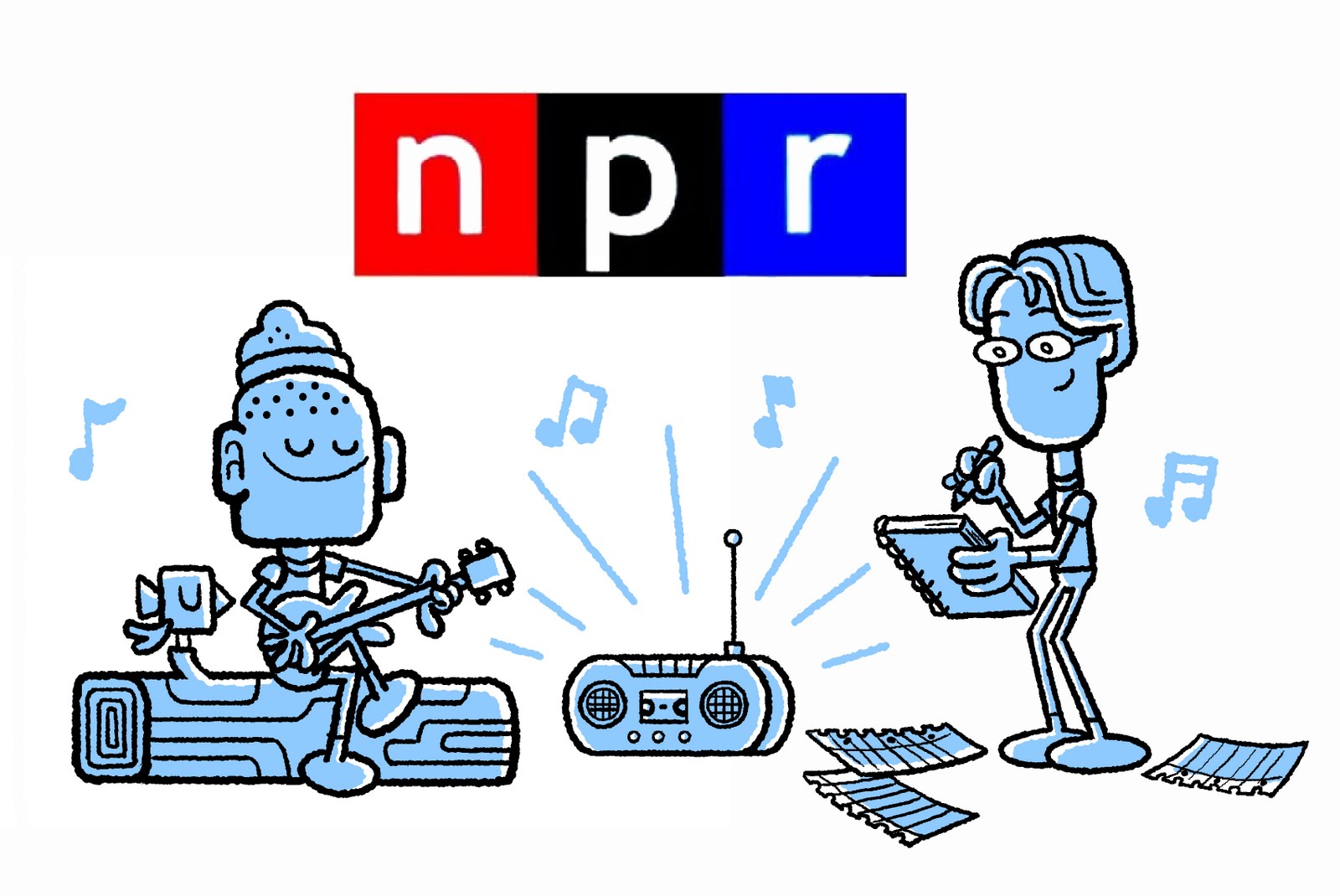 NPR ran a piece on Saturday about the impending wave of Low Power FM radio stations. The Weekend Edition story was about what you’d expect—a nice folks-helping-folks profile of a Germantown, Philadelphia Internet signal that hopes to get a LPFM license this October. This was followed by a general overview of Low Power FM applicants.
NPR ran a piece on Saturday about the impending wave of Low Power FM radio stations. The Weekend Edition story was about what you’d expect—a nice folks-helping-folks profile of a Germantown, Philadelphia Internet signal that hopes to get a LPFM license this October. This was followed by a general overview of Low Power FM applicants.
“Low Power FM was approved by Congress in 2001,” an intro to the feature explained, “but restricted to rural areas, because of concerns the stations would interfere with full power broadcasters in urban areas. Keith Brand reports that after a decade of studies and lobbying those little stations are ready to hit the big time.”
No sooner was piece posted on NPR’s website than commenter Dale Hobson hit the ceiling. “Nowhere in the print or broadcast version of this story does it mention that NPR has been one of the most active opponents of the enabling legislation allowing for the creation and expansion of LPFM stations,” Hobson complained.
But another commenter defended NPR. “If you make such claims at least provide some kind of source,” responded Wayne Roper. The service “has a reason to protest an increase in lower power FM stations.” He cited a 2008 article in Ars Technica to back his assertion.
I remember that Ars Technica piece, since I wrote it. It went through the Federal Communications Commission’s attempt to establish a relatively flexible LPFM service in 2000, and NPR/National Association of Broadcasters opposition to the Order. The bone of contention was how many notches along the FM dial a LPFM could get next to a full power FM signal. Broadcasters opposed LPFM proximity even on the “third adjacent,” and persuaded Congress to overturn the agency’s move. The result was a LPFM service that mostly reached only rural areas.
Then NPR President Kevin Klose went so far as to call the FCC an “obdurate, uncaring bureaucracy” during the brouhaha. When furious pro-LPFM NPR listeners complained to NPR’s then Ombudsman Jeffrey A. Dvorkin, he served up some advice from an NPR affiliate Program Director: “get involved as volunteers with campus radio, community stations and your public radio station as a stepping stone to NPR and its member stations.”
But those obdurate uncaring folks at the FCC persisted. They commissioned a study on the question, which in 2003 concluded that “existing third-adjacent channel distance restrictions should be waived to allow LPFM operation at locations that meet all other FCC requirements.” Four years later the agency formally recommended that Congress act on this finding. Another four years later Congress did just that. In January of 2011, President Obama signed the “Local Community Radio Act” into law. Now applicants are mobilizing for the filing window that opens on October 15.
Through all this NPR pushed for FCC policies unfriendly to Low Power FM. As mentioned in my Ars item, the service opposed license interference waivers even when a new full power station showed up somewhere near an existing LPFM. When Congress created the Low Power FM service, it intended LPFMs to broadcast “where full power stations could not,” NPR declared. Therefore the FCC should understand LPFM stations as “secondary to full power stations.”
“To the extent the Commission is motivated by the desire to prevent the loss of LPFM stations,” NPR opined, “we also regret the community’s loss of a valued public service, but risk is inherent in the secondary nature of the LPFM service.” No surprise that more recently NPR has urged the FCC to prioritize FM translators over LPFM license applications.
NPR’s role in Low Power FM’s lost decade is indeed unmentioned in the aforementioned feature. To be fair, it is a very geeky, technical story. To be less understanding, it is the truth.


